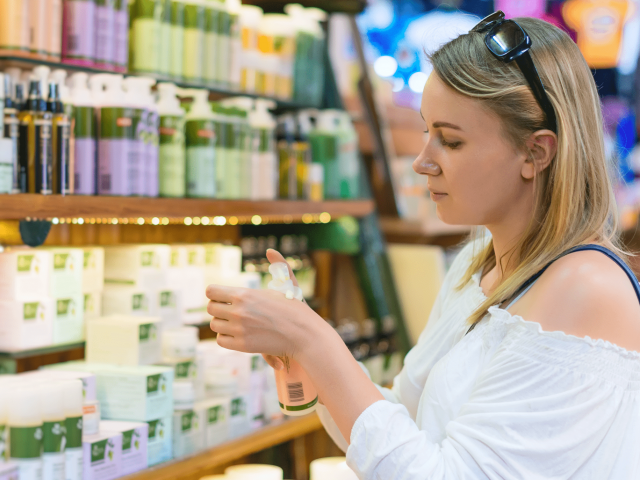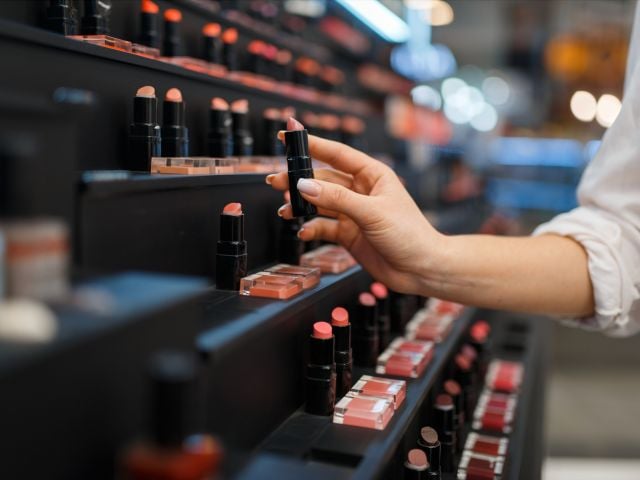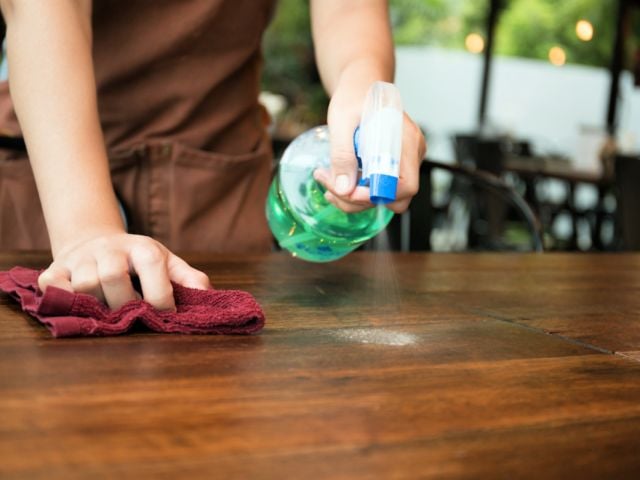
By now it’s probably second nature to slather on the sunscreen when you’re hitting the beach, hanging out by the pool or heading to a Sunday afternoon ballgame.
But are you protected from harmful ultraviolet rays the rest of the time?
You don’t need to bake on a beach towel to experience the adverse effects of the sun. It’s just as important to protect your skin while you’re outside walking the dog or shopping at the farmers market.
So what are the best ways to avoid doing serious damage to your skin everyday?
- Clothing offers nearly complete shielding from the sun’s UV rays. The more skin covered by clothing, the more protected you’ll be.
- Sunglasses don’t just make you look like a movie star – they help protect eyes from UV radiation, too.
- Don’t forget to wear a wide-brimmed hat. The right hat is not only stylish, but can protect your scalp from a possible sunburn, and reduce the amount of UV rays reaching your face, neck and ears.
- Another way to protect your skin is to plan outdoor activities when the sun isn’t directly overhead. Avoid sun exposure during the peak hours of 10 a.m. to 4 p.m.
- If you’re going out when the sun’s UV rays are strongest, find shade.
- You can even make your own shade by carrying an umbrella or parasol.
But it is still crucial to wear sunscreen – this is where the EWG Sunscreen Guide comes in.
My skin starts to redden after 15 minutes outside. I’ve spent my life applying sunscreen early and often. Luckily, there are a wealth of moisturizers that offer sun protection. EWG has rated the best moisturizers with SPF.
While you may feel virtuous for getting the “early” part down with SPF 30 moisturizer in the mornings, it’s important to remember that sunscreen breaks down over time. Over the course of the day “apply often” becomes more and more crucial.
But what about cosmetics that claim to protect you from sunburn? Can your contouring be on point and protect you from UV rays?
SPF cosmetics may help for the first couple hours after you apply them, but the active ingredients can break down or rub off, so protection will not last all day.
And while you might be tempted to reach for a spray sunscreen to apply over your makeup, you should heed the instructions’ reminder not to spray aerosols directly on your face. These products pose an inhalation risk when applied near your nose and mouth, and may not provide a coating thick and even enough to protect your skin.
Instead, when you are going out to enjoy the sun, select a product from EWG’s best beach and sport sunscreen list or from the list of best moisturizers with SPF.
Keep in mind:
- High SPF doesn’t mean better protection. SPF 100 won’t give you double the protection of SPF 50. And no sunscreen can be expected to last more than two hours on the skin. Most high SPF sunscreens sold in the U.S. wouldn’t meet Europe’s stricter standards for protection from UVA rays, which are associated with skin damage and melanoma.
- You should also avoid sunscreens with retinyl palmitate, a form of vitamin A, which may speed the development of skin tumors and lesions when exposed to sunlight.
- Too many people have vitamin D deficiencies, which can pose health risks. But don’t depend on the sun to get your daily dose of the beneficial vitamin – it isn’t enough for people in cooler climates or those who have darker skin tones, and it can be hazardous if you are at risk for skin cancer. If you are concerned about vitamin D deficiency, check with your doctor.
Now go forth and enjoy the summer sun safely.



